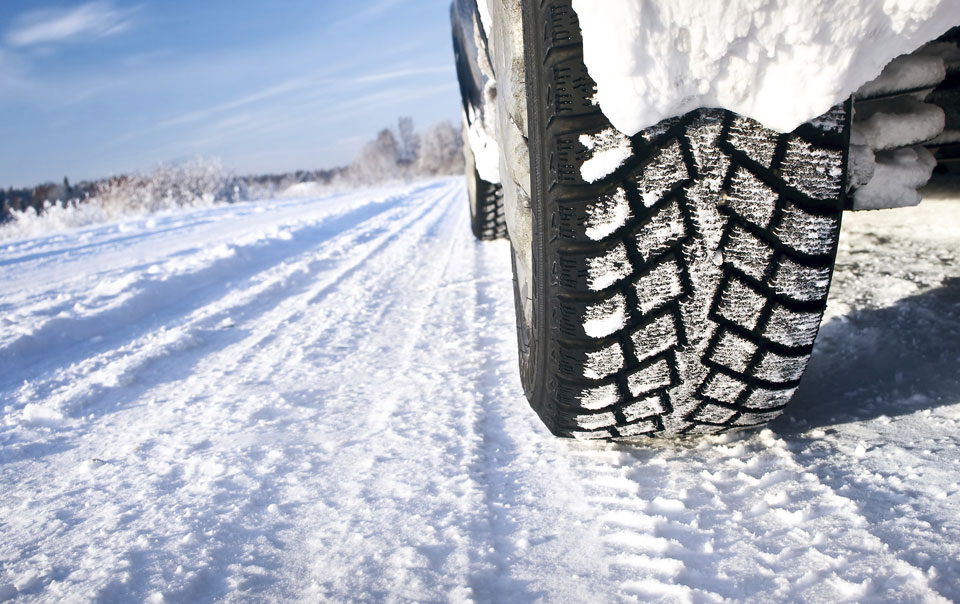Winter tyres in Germany: They might not be obligatory but you might need to replace your tyres with winter tires to avoid fines, and could they be better than minimum tread depth?

Traffic fines in Germany – Although there is no mandatory winter tyre requirement, the road traffic regulations (Section 2, Paragraph 3a of the StVO) require road users to “adapt their equipment to the weather conditions”
What makes winter tyres in Germany different?
The tyre treads are designed in such a way that it has better handling characteristics than summer tires in mud and, fresh or melting, snow. Drivers do not need to know technical details when making a purchase. They can look out for Alpine symbol (mountain pictogram with snowflake).
In Germany there is no obligation to exchange the tyres for winter, but during October to Easter it is recommended that one changes to “winter” tires marked M + S and / or the image of the three mountain peaks and snowflake. Letters M + S from Mudd + Snow, i.e. Mud + Snow). Winter tyres are valid for all wheels of the vehicle.
Tyres marked with the M + S symbol are considered suitable for use in the winter period until September 20, 2024, if they were produced by December 31, 2017.
Is the tread depth mandatory in Germany?
Although a residual profile of 1.6 mm is required in Germany, a profile depth of 4mm is recommended. The ADAC also recommended a replacement after 6 years at the latest – this is because the rubber becomes harder such that the ‘grip’ decreases at low temperatures.
It is important to find your footing on the slippery road to avoid accidents in winter.
Penalties for non-compliance
German road law acknowledges that a driver driving in winter conditions with summer tyres risks a fine of 60 euros and 1 penalty point. However, if for the reason it causes traffic difficulties, it is punishable by a fine of EUR 80 and 1 penalty point.
If other cars are hindered, the violation can cost as much as 80 euros. There is also a point in Flensburg.
What vehicles are exempt from this obligation?
According to ADAC, the following are exempt from the obligation to use winter tyres in Germany :
- single-track motor vehicles ( e.g. motorcycles )
- Commercial vehicles for agriculture and forestry
- motorised wheelchair elevators as defined in § 2 number 13 FZV
In the case of buses and trucks, the regulations will change from next year.
Trucks and buses must have winter tyres not only on drive but also on steering axles. The German requirement covers buses of categories M2 and M3 as well as lorries of categories N2 and N3.
>>> 6 changes in Germany in November 2021
Are drivers in vehicles registered in other countries also subject to these regulations?
According to German road traffic law (§ 2, lid 3 bis), every user of German roads is subject to German regulations.
What effects can an accident with summer tyres have on your insurance?
A vehicle that is technically unfit for the given weather conditions may, in the event of an accident, be punished by its insurance company under the terms of the insurance contract.
www. adac.de, motozeitung.de, swp.de
